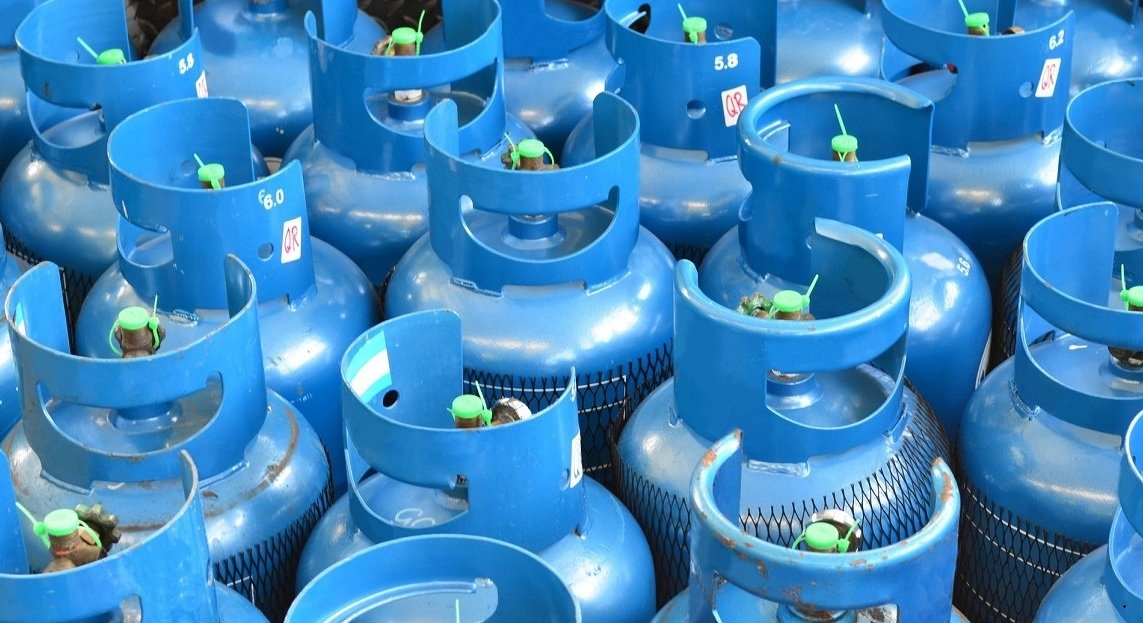This legislative move underscores the UK's commitment to environmental sustainability and the reduction of greenhouse gas emissions. F-Gases, which are frequently used in refrigeration and air-conditioning systems, are known for their high GWP, contributing significantly more to global warming per unit than carbon dioxide.
By imposing these restrictions, the UK aims to encourage manufacturers and consumers to transition towards more environmentally-friendly alternatives that have a lower GWP. This step is part of a broader strategy to meet international climate targets and reduce the environmental footprint of cooling technologies.
The new regulation signifies an important alignment with the EU's phasedown schedule of high-GWP gases, demonstrating a united front in addressing climate change issues. It serves as an impetus for innovation in the cooling industry, promoting the development and adoption of sustainable refrigeration and air-conditioning solutions.
As the implementation date approaches, stakeholders across the industry are expected to prepare for this transition by exploring alternative technologies and ensuring compliance with the new standards. This initiative is anticipated to drive significant shifts in market offerings, prioritizing eco-friendly products and practices.
Related tags: refrigeration
